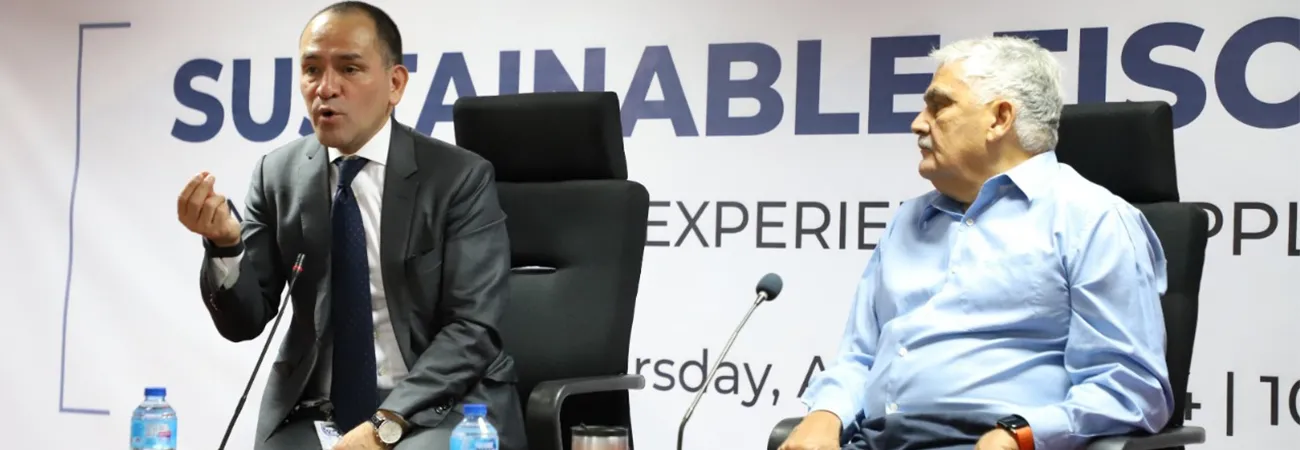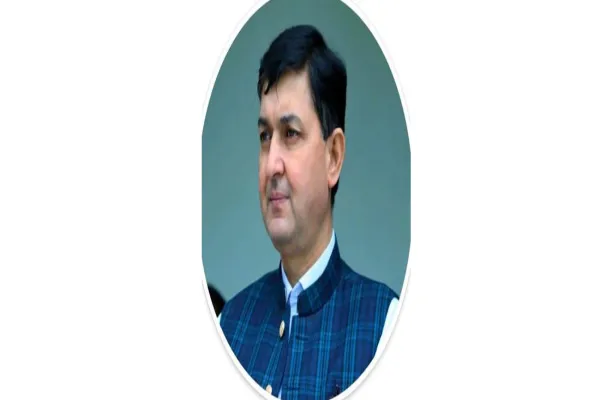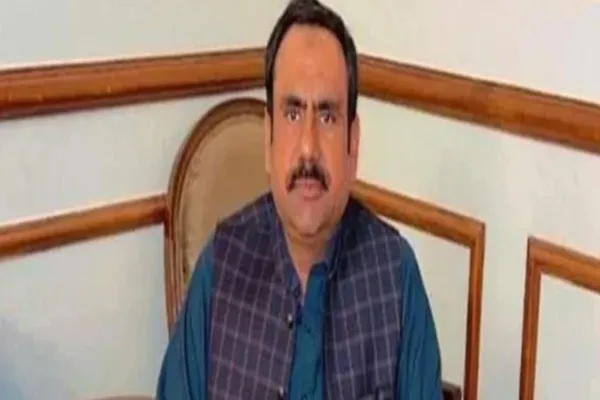i NEWS PAKISTAN
Islamabad, April. 25 (INP) Fiscal reforms in Pakistan are direly needed in Pakistan to stabilize the economic sector. In this concern, The Pakistan Institute of Development Economics (PIDE) hosted a public lecture on "Sustainable Fiscal Reforms - International Experience and Applications for Pakistan”. Global Director for Governance at the World Bank, Arturo Herrera Gutierrez was the keynote speaker. He highlighted the necessity to establish a stable and sustainable debt path as a cornerstone for Pakistan's economic future. So, Pakistan can either pave the path for sustained economic growth or may be trapped by recurring debts. He quoted the historical context of economic challenges faced by countries like Mexico during the 1980s and their survival strategies to shape their fiscal issues.
Gutierrez said, “To avoid the past economic crisis, rather than balancing budgets annually, the formation of a smart macroeconomic management system and consistent long-term strategy is required. Discussing the global resurgence of debt distress, particularly post-COVID-19, he highlighted the need for re-evaluation of fiscal sustainability approaches. His presentation mentioned countries with gross public debt issues; notably, countries like the US, Canada, Japan, and Pakistan, which have debt-to-GDP ratios exceeding 75%. Japan, with a debt ratio of 252% of GDP and a low-interest rate of 0.88%, contrasts sharply with Greece, which faces a higher interest rate of 3.55% despite a lower debt ratio of 168%. This indicates that the debt-to-GDP ratio is significant, but the sustainability of fiscal finances also sends a critical signal to the market, impacting interest rates. He imparted critical insights on sustainable fiscal policies across the globe, and how these strategies can be adapted to Pakistan’s economic context”.
In contrast, the PIDE team proposed a nuanced perspective, asserting that Pakistan's economic woes transcend simple accounting measures advocating a comprehensive healing rather than superficial fixes. Placing growth at the center of its reform agenda, PIDE emphasized prioritizing economic expansion over mere revenue accumulation. PIDE favoured to allow the economy to flourish before imposing additional taxes, suggesting a re-regulation to facilitate transactions and stimulate economic activity, ultimately leading to improved revenue generation by default. According to PIDE, the crux of the issue lies more in expenditure than in revenue, making an argument for misplaced efforts for reforms. Towards the end, PIDE and the World Bank pledged to take the reform debate further, in more engagements between the two sides to push for reforms. The lecture was attended by senior economists, policymakers, young researchers, journalists and representatives from international financial institutions, reflecting a shared interest in enhancing fiscal governance worldwide.
Credit: Independent News Pakistan (INP)









